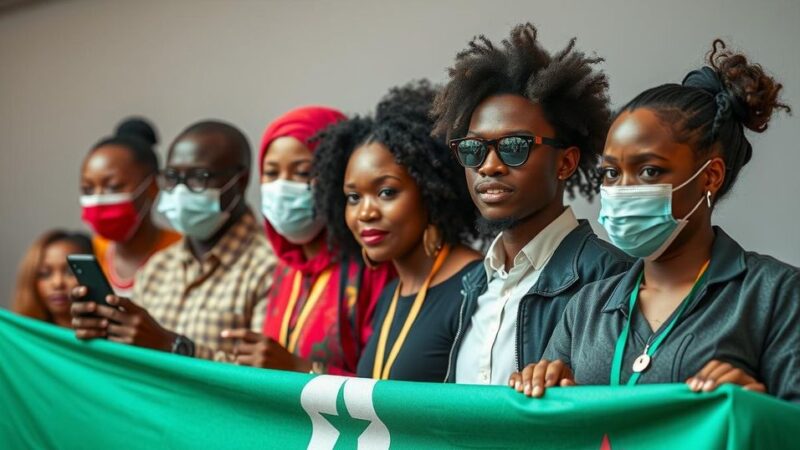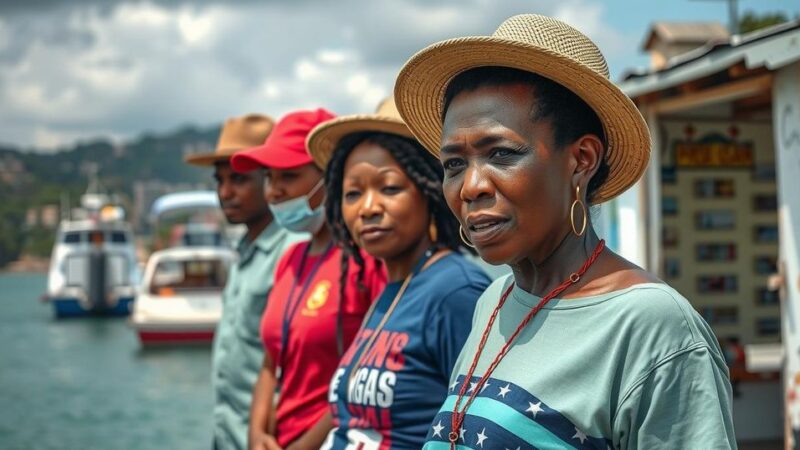Proposed legislation to combat sexual violence in Indonesia is facing fierce opposition from conservative groups who argue it threatens traditional family values and promotes immorality. The draft, which seeks to redefine sexual violence and enhance protections for victims, remains unratified amid mounting dissent, prompting concerns among activists regarding its future and potential impact on survivors.
The proposed Indonesian legislation aimed at addressing sexual violence has ignited significant controversy, particularly from conservative factions who argue that the law undermines Islamic principles and prioritizes women’s rights over traditional family values. With the upcoming elections in April, this draft law, which has been in development since 2014 under the guidance of the National Commission for the Elimination of Violence against Women (Komnas Perempuan), faces intense scrutiny. A recent online petition against the law has garnered nearly 150,000 signatures, signaling widespread dissent among conservative groups. Critics claim that the draft law’s definitions of consent and sexual activity, especially outside of marriage, could lead to an increase in what they consider unacceptable behaviors. They also assert that the draft does not sufficiently align with the existing marriage laws which structure familial responsibilities. The legislation seeks to expand the definitions of sexual violence to encompass various forms, such as sexual harassment and exploitation, aiming to create a more supportive judicial environment for survivors. However, as opposition mounts, adjustments made to the bill already reflect a retreat from its more comprehensive provisions, reducing the scope of sexual offenses it seeks to address from fifteen to nine. Prominent figures, including the mayor of Padang and representatives from conservative parties, have expressed their rejection of the proposal, citing fears that it promotes immorality and undermines societal values. Despite these challenges, advocates like Ratna Batara Munti emphasize the urgent need for legislative reforms to combat rising sexual violence in Indonesia, citing alarming statistics from 2017 that showed a significant majority of reported cases occurring within intimate relationships.
The discourse surrounding sexual violence in Indonesia is framed by a complex interplay of societal norms, religious beliefs, and the legal landscape. The actual incidence of sexual violence remains obscured by underreporting due to societal stigma and fears of retribution. The proposed draft law is a response to this urgent issue, seeking to empower victims and create a more responsive legal framework. However, the tension between progressive reform and conservative ideology complicates the legislative process, especially in a nation where a substantial portion of the population adheres to conservative interpretations of Islam.
In summary, the proposed law aimed at eliminating sexual violence in Indonesia reflects a critical confrontation between progressive legal reform and conservative values. The backlash against the draft raises significant questions regarding societal priorities and the necessary balance between promoting women’s rights and upholding traditional family structures. As the legislative discussion continues, the future of the bill remains uncertain, contingent upon the political climate and public sentiment leading up to the elections.
Original Source: www.aljazeera.com







